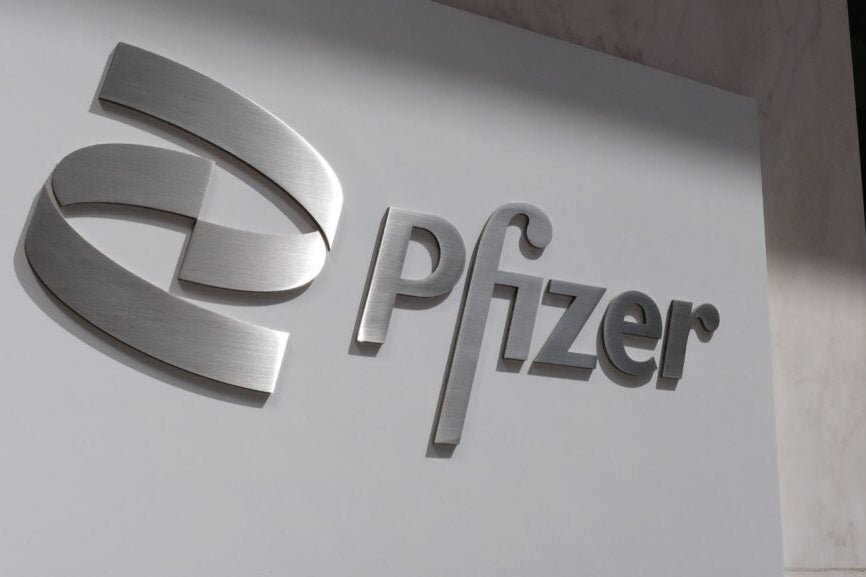Pfizer Inc (NYSE: PFE) has agreed to pay $93 million to settle an antitrust lawsuit related to its cholesterol drug Lipitor. The lawsuit, filed by wholesale drug distributors, accused Pfizer of colluding with India’s Ranbaxy Laboratories to delay the sale of cheaper, generic versions of Lipitor.
The settlement, which is subject to a judge’s approval, comes after over a decade of legal battles. Pfizer, while not admitting liability, has called the allegations “factually and legally without merit.”
The distributors’ case against Ranbaxy will continue despite the settlement. The lawsuit alleges that Pfizer fraudulently extended its patent rights over Lipitor, paying Ranbaxy to delay the introduction of a generic version and engaging in sham litigation over the drug.
Lipitor, introduced by Pfizer in 1997, generated over $130 billion in sales during its first 14 years on the market. The settlement provides “immediate economic relief” to class members and avoids the risk of continued litigation, potential appeals, and no recovery, according to the plaintiffs’ lawyers.
This is not the first time Pfizer has been embroiled in legal disputes. In 2022, the company, along with Sanofi, saw several lawsuits associated with Zantac being dismissed, providing them with relief. However, in 2023, Pfizer was slapped with an additional patent infringement lawsuit over its COVID-19 shots, and a small biotech firm sued Pfizer over its COVID-19 vaccine tech, adding to the company’s legal woes.
Moreover, in 2023, the Texas Attorney General filed a lawsuit against Pfizer, alleging that the company misled the public on the efficacy of its COVID-19 vaccine. These legal challenges have put Pfizer under significant scrutiny, and the recent settlement adds to the company’s legal expenses.
Legal battles can be a drain on a company’s resources and reputation. While settlements like this one provide some relief, they also highlight the importance of ethical business practices and compliance with antitrust regulations. Companies must be vigilant in their dealings to avoid accusations of collusion or anticompetitive behavior.
Pfizer’s settlement serves as a reminder to the pharmaceutical industry that transparency and fair competition are crucial for the benefit of patients and the healthcare system as a whole. It also underscores the need for robust regulatory oversight to ensure that companies are held accountable for their actions.
As Pfizer continues to navigate legal challenges, it will be important for the company to prioritize compliance and ethical conduct. Resolving these legal disputes and moving forward with a focus on transparency and patient well-being will be key to maintaining its reputation in the industry.





